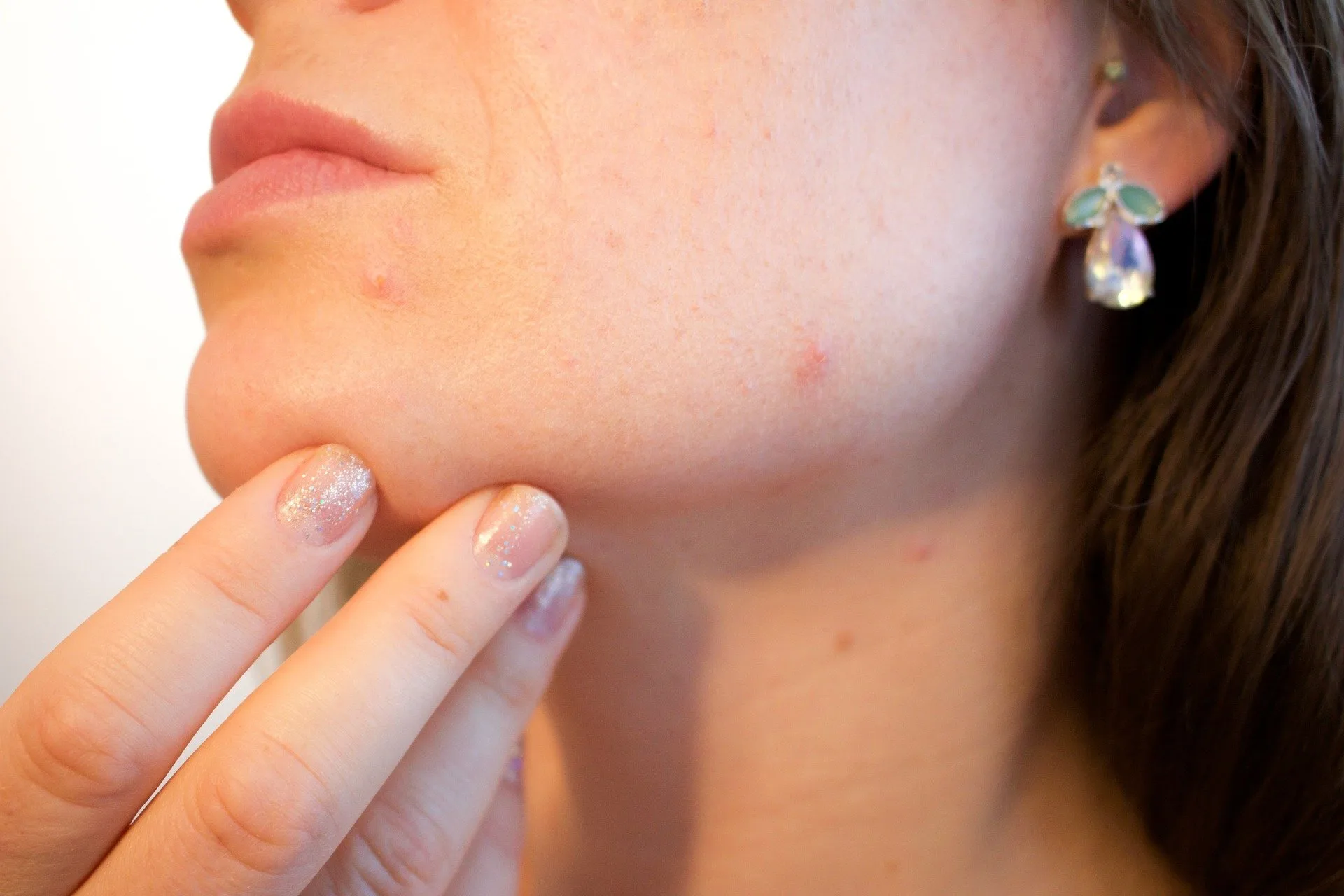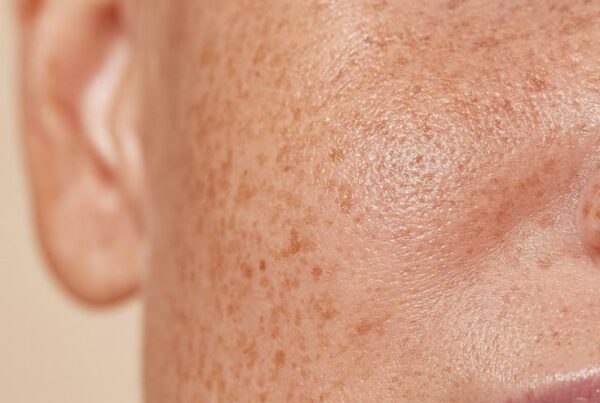Longevity Live Partner Content. Do you feel that you have tried everything you have heard and read about online to get rid of acne, but still the results are not satisfactory? Do not get disheartened, as there is still something you can do about this. Here are a few proven tips that will make your skin much clearer and acne-free.
1. Give Your Acne Product Some Time To Work:
It is very common for people to keep changing products as they do not see immediate results. The truth is that using a different product every few days can make things worse. In fact, this may irritate your skin further and cause new breakouts.
Any product needs some time to show its effective results; hence, if it is not harming your skin, give it some time to work. If the treatment is not effective in 4-6 weeks, you can seek a different option altogether. If you see the product is working, then stick to it to prevent new acne breakouts.
2. Find the cause
There are various reasons why you are facing this issue. Acnes are common amongst teenagers, but adults also can go through this phase. The reasons may vary from person to person. Without knowing the real reason, you cannot really come up with a treatment plan. There are chances that you have fungal acne rather than the normal ones, which are more stubborn to deal with.
Once you understand why you have acne outbreaks, you can make the right treatment plan to make your skin clearer.

Photo by Sarah Chai from Pexels
3. Do Not Touch and Pop Your Pimples
When you get pimples, it can be tempting to pop them to get rid of them. Remember that once you have picked the acne, it actually takes longer to heal.
This will actually make things worse than it will leave marks on the skin, and the acne will spread further. Let the pimple settle on its own.
4. Apply Acne Treatment on all Acne-Prone Skin
You may just be using the acne treatment cream on the pimple breakouts and not on the entire skin. You must be aware of areas of your face that are more prone to such acne breakouts. Spread a thin layer of the product in those areas to treat the existing acne and prevent any new breakouts.
5. Wash Things that Touch Your Acne
Things that touch your face regularly, like your mobile phone, bedsheet, and pillow, need to be cleaned frequently as dead skin cells, bacteria, and dirt built up on them can clog your pores. Keeping these surfaces clean can make a lot of difference.
6. Don’t Scrub Your Face
When you get pimples, you may feel like scrubbing your face to get rid of the impurities that are causing it. Refrain from that, as scrubbing sensitive skin can irritate the acne-prone skin, further worsening your acne outbreaks. Stick to a mild face wash and cleanser to clean your skin.
7. Follow Directions
When you are in acne treatment, each product has a specific application instruction you need to follow. Not following the instructions precisely can affect the final outcome.

Photo by EKATERINA BOLOVTSOVA from Pexels
If a dermatologist has created your treatment plan, make sure to follow each and every instruction included in the treatment plan to get rid of the issue.
8. Do Less Makeup
Always remember that doing too much makeup means making use of chemicals on your face. For sensitive skin, it can be more damaging. Try to go light on makeup and avoid any product that irritates your skin. You should also refrain from using poor quality and expired products that can damage your skin further.
9. Tweak Your Diet
What you eat affects a lot of physiological functions, including acne outbreaks.
Eating too much oily food can increase acne. Similarly, eating food that heats up your body may also cause an acne outbreak. You should stick to eating a balanced diet that includes enough fiber so that your digestive system works fine and the toxins exit from your body properly. This will help in the reduction of the acne issue.
10. Drink Enough Water
Drinking enough water is a solution for many health issues, including acne outbreaks. Keeping yourself hydrated helps in hydrating your skin. This also helps in getting rid of body toxins which can help in reducing acne issues.

Photo by Shiny Diamond from Pexels
11. Wash Your Face Regularly
Dirt and pollution can cause acne issues, which is why you should wash your face when you return back home. Your oil glands are active the entire day, and when oil combines with pollution, dirt, and makeup, it clogs pores and can cause more acne issues.
Washing your face regularly can help in unclogging the pores. Use a mild face wash as harsh ones contain more chemicals. Stay away from foam face wash and stick to the usual gel or cream ones which will be easier on the skin.
12. Be Careful About Home Treatments
While natural home remedies sound the safest and the best, sometimes you may get carried away by the wrong information you have found online and do more damage than good. Know the pros and cons of the home remedy before you try it out. Apply it to a small area of your face to see if it is helping or causing more irritation. You can then decide if you would like to continue with the treatment.
13. Take a Dermatologist’s Advice
If you still have acne after following the right tips, you need to dig deeper to figure out the cause of acne. You need to get different treatments for different conditions and better visit a dermatologist to ensure you are dealing with this the right way.

Bottom Line
It can get frustrating to deal with acne breakouts as you cannot get rid of them quickly. Also, acne treatments usually take a few weeks before they show results; hence you should be consistent with your treatment, trust your judgment and stick with products that suit your skin type.



![women [longevity live]](https://longevitylive.com/wp-content/uploads/2020/01/photo-of-women-walking-down-the-street-1116984-100x100.jpg)










